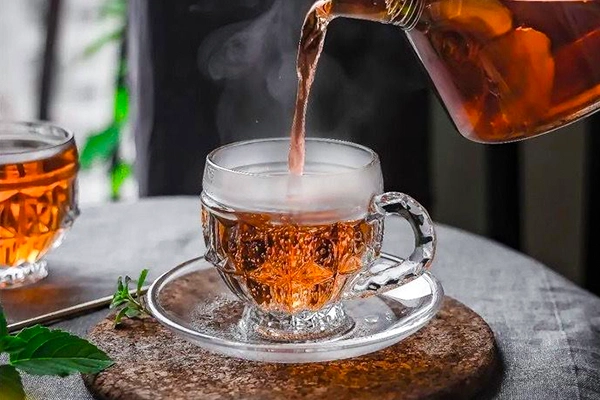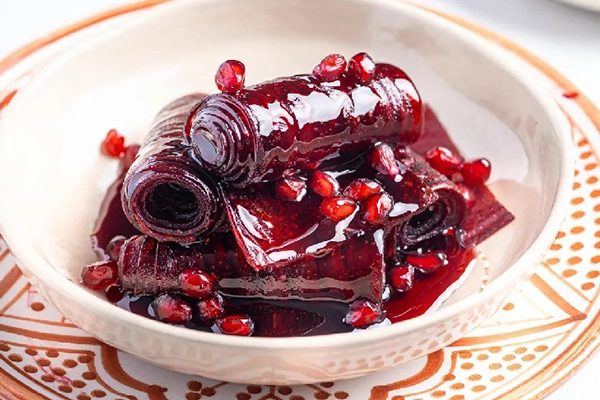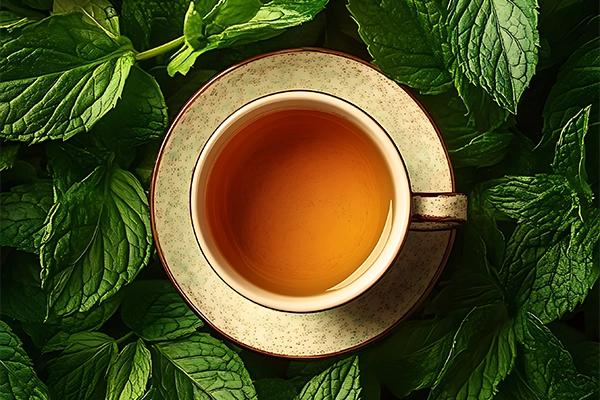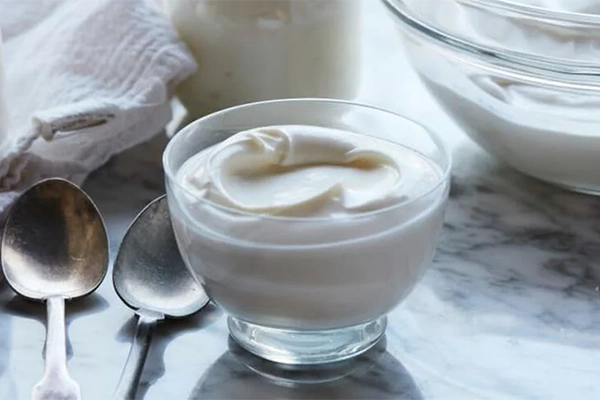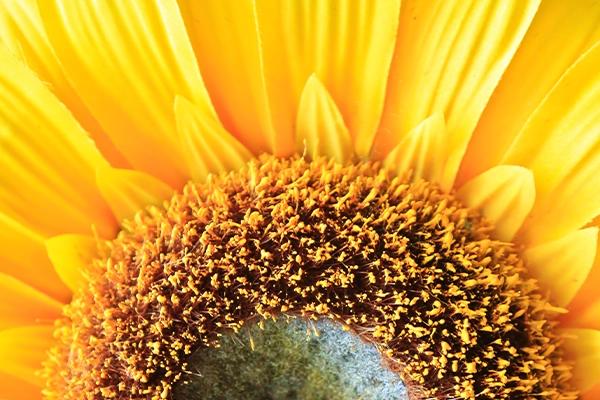Herbal teas, also known as tisanes, are caffeine-free infusions made from various plants, herbs, fruits, and spices. These beverages have been consumed for centuries across different cultures for their diverse flavors and potential health benefits. The types of herbal tea are vast, ranging from soothing chamomile and refreshing peppermint to invigorating ginger and calming lavender. Each of these herbal tea kinds offers unique taste profiles and potential therapeutic properties, such as aiding digestion, promoting relaxation, or boosting immunity. Popular varieties include rooibos, hibiscus, echinacea, and lemon balm, among many others. Unlike traditional teas derived from the Camellia sinensis plant, herbal teas are naturally caffeine-free, making them suitable for consumption at any time of day. The versatility of herbal teas extends beyond hot beverages, as many can be enjoyed iced or used as flavorful additions to culinary creations, further expanding their appeal and utility in daily life.
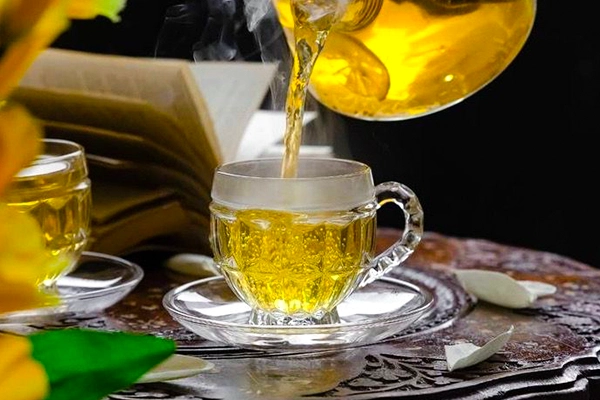
Types of Herbal Tea
Herbal teas have long been revered for their medicinal properties, earning the moniker “Green Pharmacy in a Cup.” These natural infusions offer a diverse array of health benefits, with various types of herbal tea addressing different wellness concerns. From soothing chamomile to invigorating peppermint, the world of herbal tea kinds is vast and rich in therapeutic potential. The types of herbal tea available span a wide range of flavors and benefits. Some, like ginger and turmeric, are known for their anti-inflammatory properties, while others, such as lavender and valerian root, are prized for their calming effects. Echinacea and elderberry teas are popular choices for boosting the immune system, especially during cold and flu seasons. Many herbal tea kinds also offer specific targeted benefits. For instance, dandelion root tea is often used to support liver function, while hibiscus tea is believed to help lower blood pressure. Rooibos, a South African herb, is rich in antioxidants and is caffeine-free, making it a popular choice for those looking to reduce their caffeine intake. The beauty of these types of herbal tea lies not only in their individual benefits but also in their versatility. They can be enjoyed hot or cold, and many can be combined to create unique blends that cater to personal tastes and health goals. As interest in natural remedies continues to grow, the world of herbal teas remains a fascinating and beneficial area of exploration for health-conscious individuals.
Popular herbal teas in Iranian culture
Iran, with its diverse climate and abundant medicinal plants, has introduced various types of herbal teas to the world. Here are some of the most important Iranian herbal teas:
1. Mint tea: Among the popular types of herbal tea, mint tea is renowned for its refreshing flavor and medicinal properties. This herbal tea kind is particularly effective in soothing digestive discomfort and reducing bloating. Additionally, it has a calming effect that can help alleviate stress and promote relaxation.
2. Thyme tea: Thyme tea is one of the herbal tea kinds known for its powerful immune-boosting properties. This aromatic tea is rich in antioxidants and has natural antimicrobial qualities. It’s also beneficial for digestive health, making it a versatile addition to the types of herbal tea consumed for wellness.
3. Borage flower tea: Borage flower tea is recognized among the types of herbal tea for its mild, cucumber-like flavor and numerous health benefits. This herbal tea kind is particularly noted for its calming properties and ability to reduce stress. It’s also believed to have anti-inflammatory effects, potentially benefiting skin health.
4. Chamomile tea: Chamomile is one of the most well-known herbal tea kinds, celebrated for its gentle, apple-like flavor and soothing properties. This tea is widely used as a natural sleep aid and for its ability to promote relaxation. It’s also known for its potential to ease digestive discomfort.
5. Saffron tea: Saffron tea, a luxurious addition to the types of herbal tea, is prized for its unique flavor and potent health benefits. This golden-hued tea is rich in antioxidants and is believed to have mood-enhancing properties. It’s also valued for its potential to support heart health and improve cognitive function.
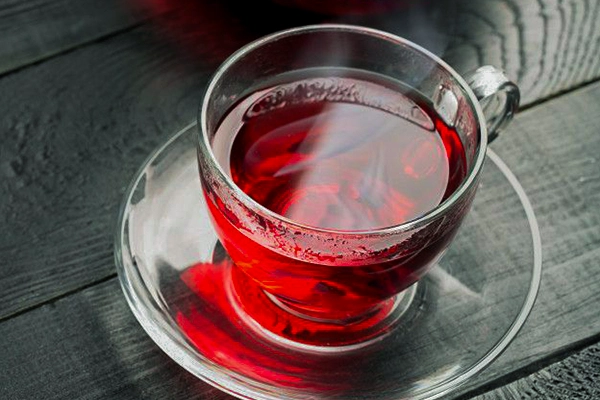
6. Lemon verbena tea: Among the herbal tea kinds, lemon verbena stands out for its bright, lemony flavor and health-promoting properties. This tea is known for its ability to boost the immune system and reduce inflammation. It’s also appreciated for its calming effects and potential to aid digestion.
7. Cumin tea: Cumin tea, though less common among types of herbal tea in some regions, is highly regarded for its digestive benefits. This aromatic tea is known to aid in food digestion and reduce bloating. It’s also believed to have metabolism-boosting properties, making it popular among those interested in weight management.
8. Rose tea: Rose tea, a fragrant addition to herbal tea kinds, is cherished for both its delightful aroma and health benefits. This floral tea is known for its calming properties and potential to reduce stress. Additionally, it’s believed to have skin-strengthening effects due to its high vitamin C content.
9. Lavender tea: Lavender tea is famous among the types of herbal tea for its soothing aroma and relaxing properties. This herbal infusion is particularly noted for its ability to reduce anxiety and improve sleep quality. It’s also appreciated for its potential to ease headaches and promote overall relaxation.
10. Descurainia sophia tea: Descurainia sophia, also known as flixweed, makes a unique addition to herbal tea kinds. This tea is particularly valued in some cultures for its cooling properties and ability to aid digestion. It’s also believed to have detoxifying effects and is sometimes used to support respiratory health.
These herbal teas not only have diverse flavors but are also used in traditional Iranian medicine for various therapeutic properties. However, it is always recommended to consult with a doctor or traditional medicine specialist before regular consumption of any herbal tea.
Conclusion
The diverse world of herbal tea kinds offers a myriad of flavors and potential health benefits. From the calming effects of chamomile and lavender to the digestive aids of mint and cumin, these types of herbal tea provide natural alternatives for various wellness concerns. As interest in holistic health continues to grow, exploring the rich tapestry of herbal teas can offer both enjoyment and potential therapeutic benefits, making them a valuable addition to a healthy lifestyle.
